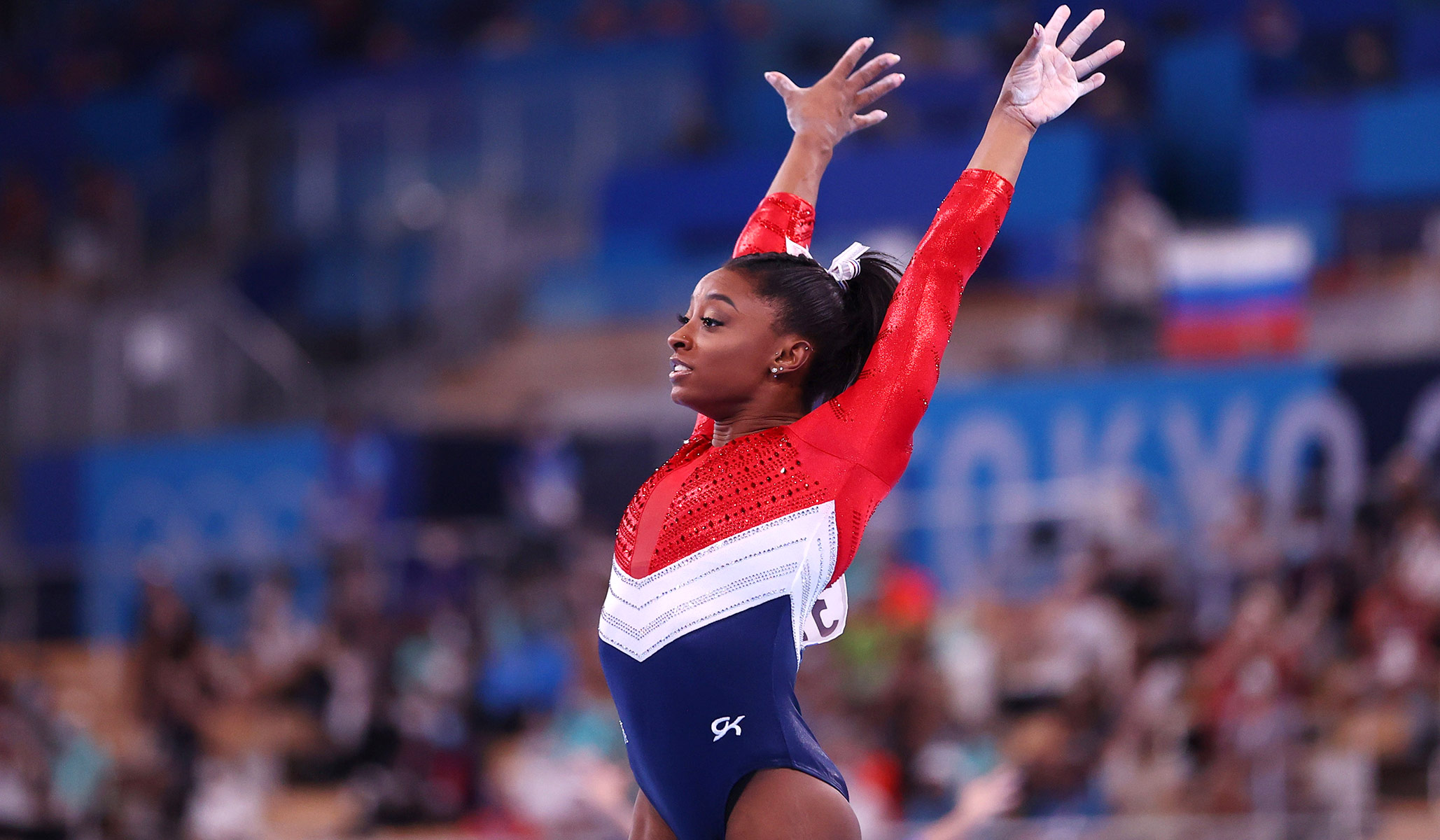As I explained last night, Simone Biles had an entirely defensible reason to pull out of the gymnastics competition, a withdrawal that has now extended to the individual all-around competition. CNN’s Elle Reeve adds to the picture of why her problem is such a big one for a gymnast:
[Biles] said in morning practice that she had a little bit of the twisties. The twisties are a mysterious phenomenon . . . Your body just won’t cooperate, your brain loses track of where you are in the air. You find out where the ground is when you slam into it . . . In gymnastics, this is called “air sense.” And Biles is famous for how good hers is. “She’s always had incredible air sense, which is what you need in this sport,” her former coach Aimee Boorman told Houstonia magazine in 2015. “She doesn’t crash very frequently. Other kids, you’ll just see them splat, or get lost in the air. That doesn’t happen with her.”
Phil Klein adds to the picture with a 1988 case of a gymnast who ended up a quadriplegic, and dead at age 18, after a vault accident. It is appalling to watch people pile on Biles for deciding that it was unsafe to compete. Support systems are important, too, and one must wonder if the strain on Biles right now that contributed to this is partly a function of COVID restrictions isolating her from her family and from the usual surroundings of her sport.
But there is a growing cacophony of commentators in the media and on social media who are trying to celebrate Biles for showing the importance of “mental health” and prioritizing taking care of yourself, etc. Some of these are the very people who built her up as unstoppable, and are now giving her the “Yassss Kween” treatment in order to normalize dropping out of things over mental blocks. This is just as appalling, and it is affirmatively harmful.
First of all, “mental health” covers a vast variety of things, from “stressed out after a week of overwork” to “full-blown psychosis,” with a whole spectrum of issues in between. Different kinds of mental-health problems require different treatments, ranging from medication, to spiritual answers, to just talking it out, to institutionalization. Different people may even require different solutions to the same problems. Allowing people with fairly mild problems to identify with more severe conditions does everyone a disservice.
Second, it is a good thing to destigmatize discussing and seeking treatment for mental health. But the purpose of that is so that people can go on with their lives. We should not glorify using mental-health issues as an excuse to quit, even when (as in the case of Biles) quitting was the only sensible option. This is part of a broader tendency these days to medicalize our language and to celebrate victims and suffering rather than celebrating heroism, accomplishment, perseverance, and endurance. What a society chooses to glorify and encourage, it gets more of. That was part of my point about the people who went back to work on September 11. I’ve seen some viral stories going around about how Biles withdrawing should make us rethink the celebration of Kerri Strug, who blew out her leg in the 1996 Olympics but stuck the landing anyway. While it is fair to rethink the toxic, tyrannical, sex-abusing culture of women’s gymnastics in general (given the age of many of the competitors, it is often more girls’ gymnastics than women’s), we should absolutely still celebrate Kerri Strug, for the exact same reason why we celebrated Willis Reed and Curt Schilling and Ronnie Lott. If anything, Strug became an icon of how young female athletes could show the same kind of perseverance for which men have been celebrated. Watching people push through difficulties and keep going to do amazing things is a big part of why we watch sports. Biles herself has long been an icon of overcoming and playing through all manner of physical injuries and emotional traumas, and that is what we should praise her for.
Mental illness, mental blocks, and other mental-health issues are real. But when we talk about facing them, we should focus on people getting help so they can get back to work and back to living — sometimes with the help of a push from their support system to ensure that they don’t just shut down and shut themselves away. Because living, not withdrawing from it, is still the point of life.
